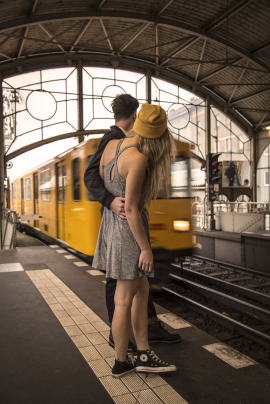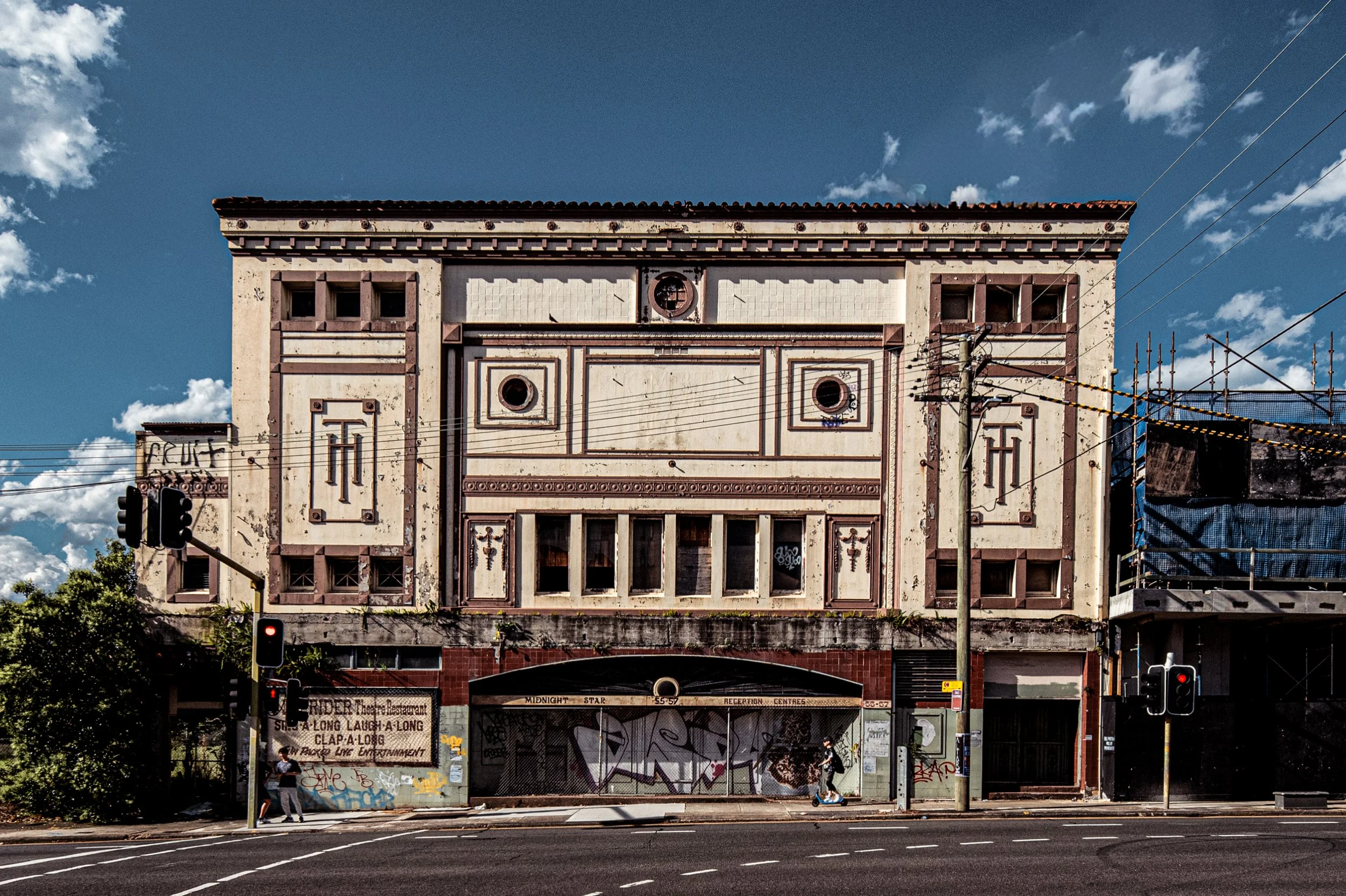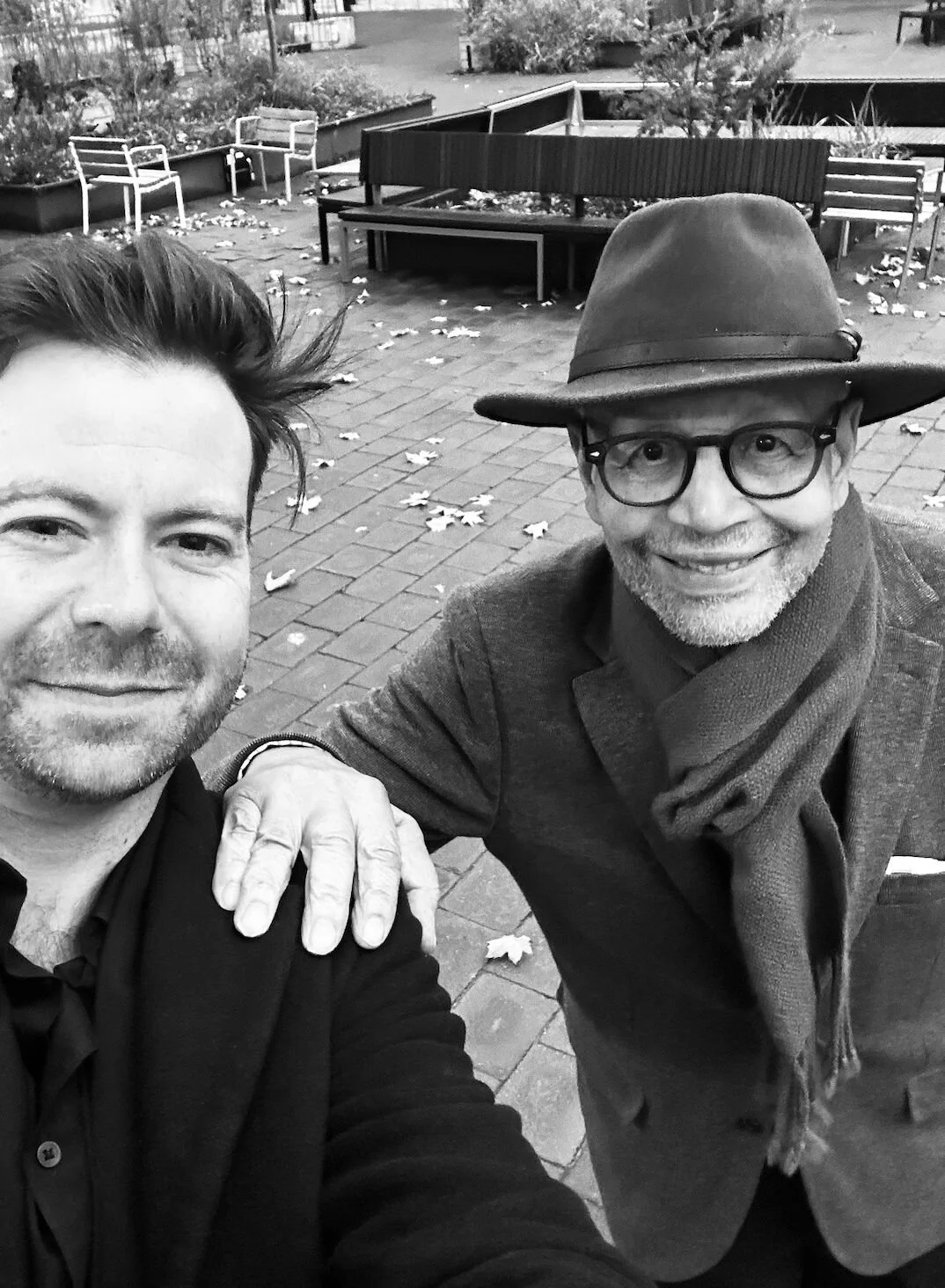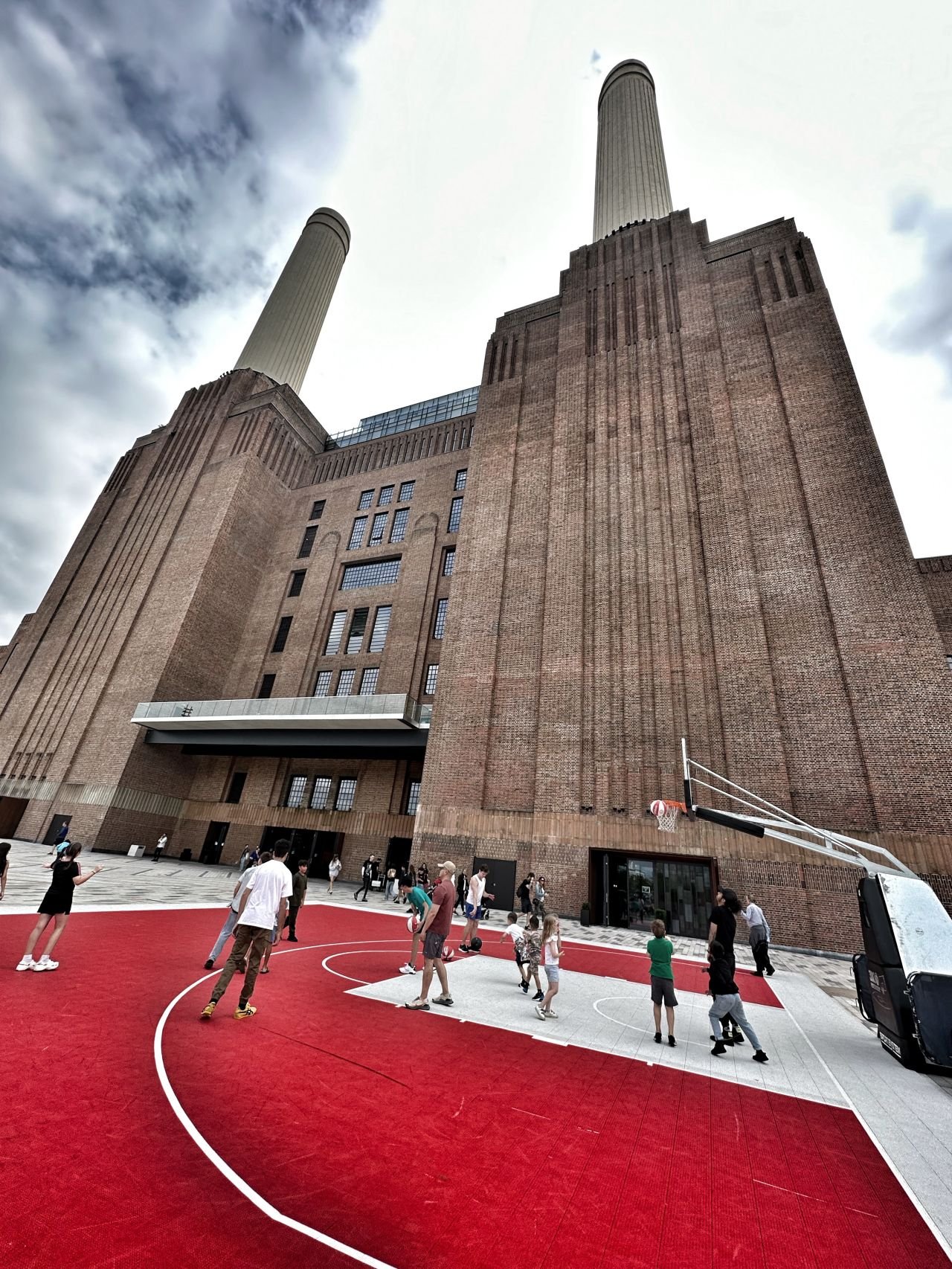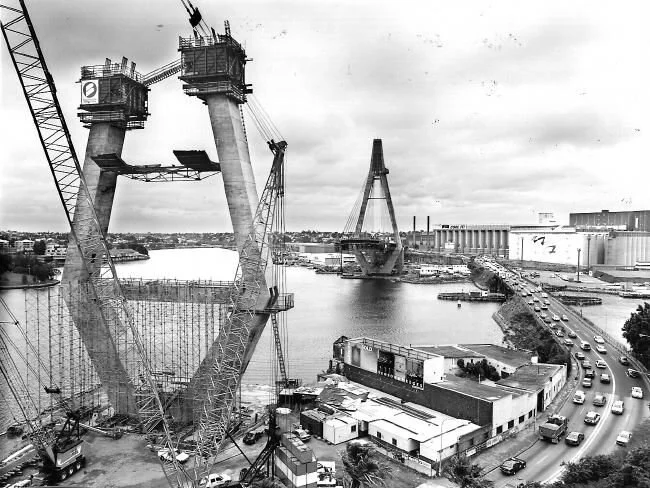When I think of Berlin, the things that jump to mind are huge warehouse spaces, hard techno music, late night parties, and a city of free and liberal-minded people. It was probably one of my favourite films, Berlin Calling, which long ago planted this image in my head.
The city is considered the techno capital of the world, and Mali and I wanted to find out why. What better way to do this than to hit some parties, meet some DJs, and talk to the locals and urbanists?
After touching down in Schönefeld Airport, it wasn’t long before we were romping around Kreuzberg. As we explored, it was quick to see that this part of Berlin had a very different look and feel of cities of Western Europe: huge city blocks and old warehouse buildings lined the streets, grey concrete walls crumbled around us and dark alleyways stretched into the darkness. The neighbourhoods felt hard and weathered: an exciting, unrefined vibe, far from the lights and glitz of Champs-Élysées.
Trying our best to avoid the sub-zero temperatures we hustled into a coffee shop to meet long-time locals, Fanny Rybarsch and William R Wilkendorf. As city enthusiasts and owners of street-music company, Klara Geist, it was clear these guys knew a thing or two about the city.
Reflecting on his long history in Berlin, William told us about the alternative, and even anarchist, nature of the city. The Berlin Wall, he said, very likely played a strong role in creating this. East Berliners lived in a surveillance state, and on both sides, attempts to cross to the other side to meet friends or loved ones was likely to end in death. In addition, the wall created small neighborhood enclaves sitting against the Spree River. For decades these areas became run-down and derelict. But this also meant that rent was cheap, which attracted squatters, people making art, talking politics, and creating music.
With the rise of groups like Kraftwerk, electronica music began to hit the mainstream, and naturally Berlin’s alternative neighbourhoods were at the forefront of this music scene.
Heading north of the river to Friedrichstrasse we were welcomed into the home of Dr Jan Kuhn. Both a DJ and urban sociologist, he had for a long time explored the city’s relationship with the electro music scene. He talked us through the fall of the Berlin Wall in 1989, and how the once divided city finally became unified.
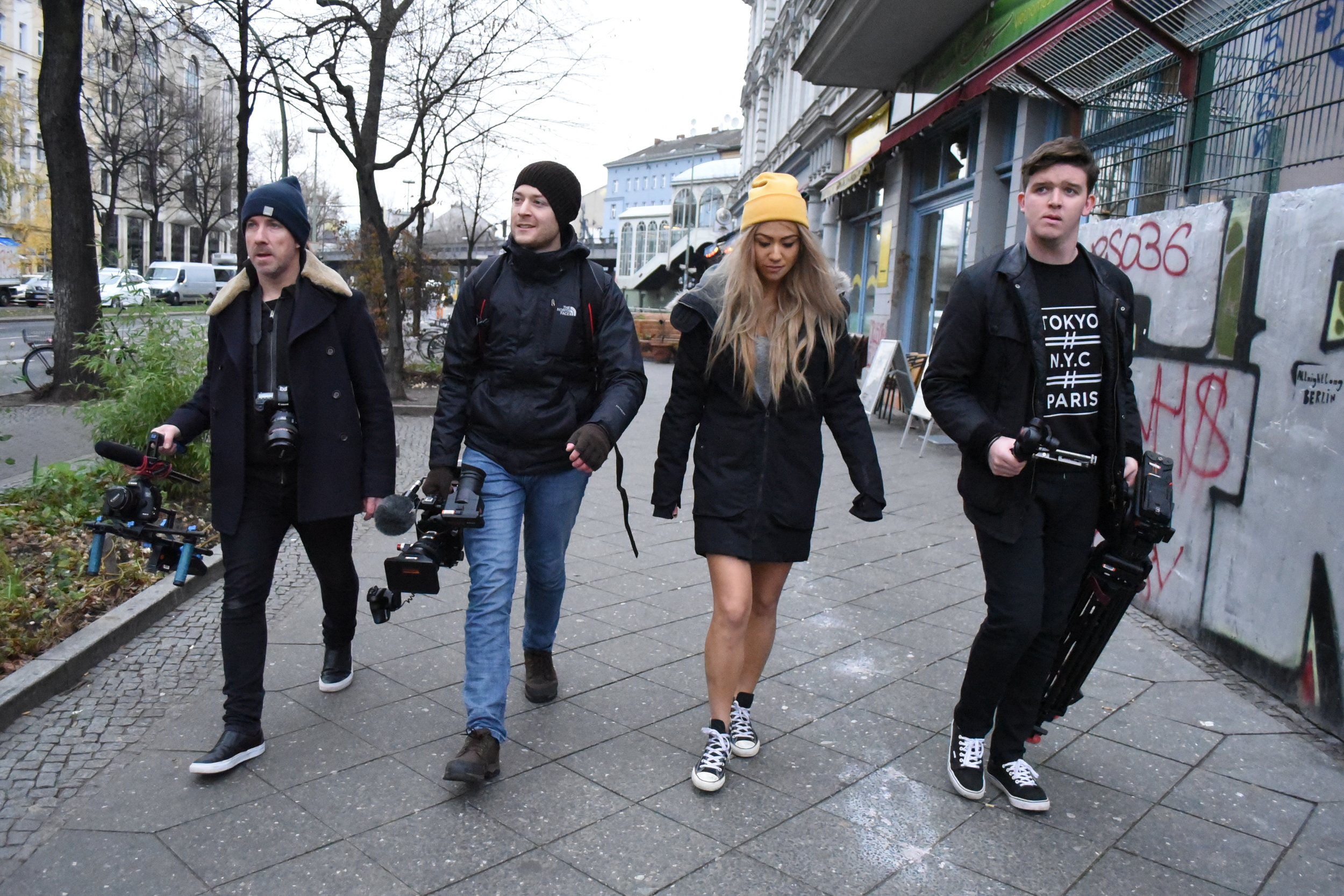
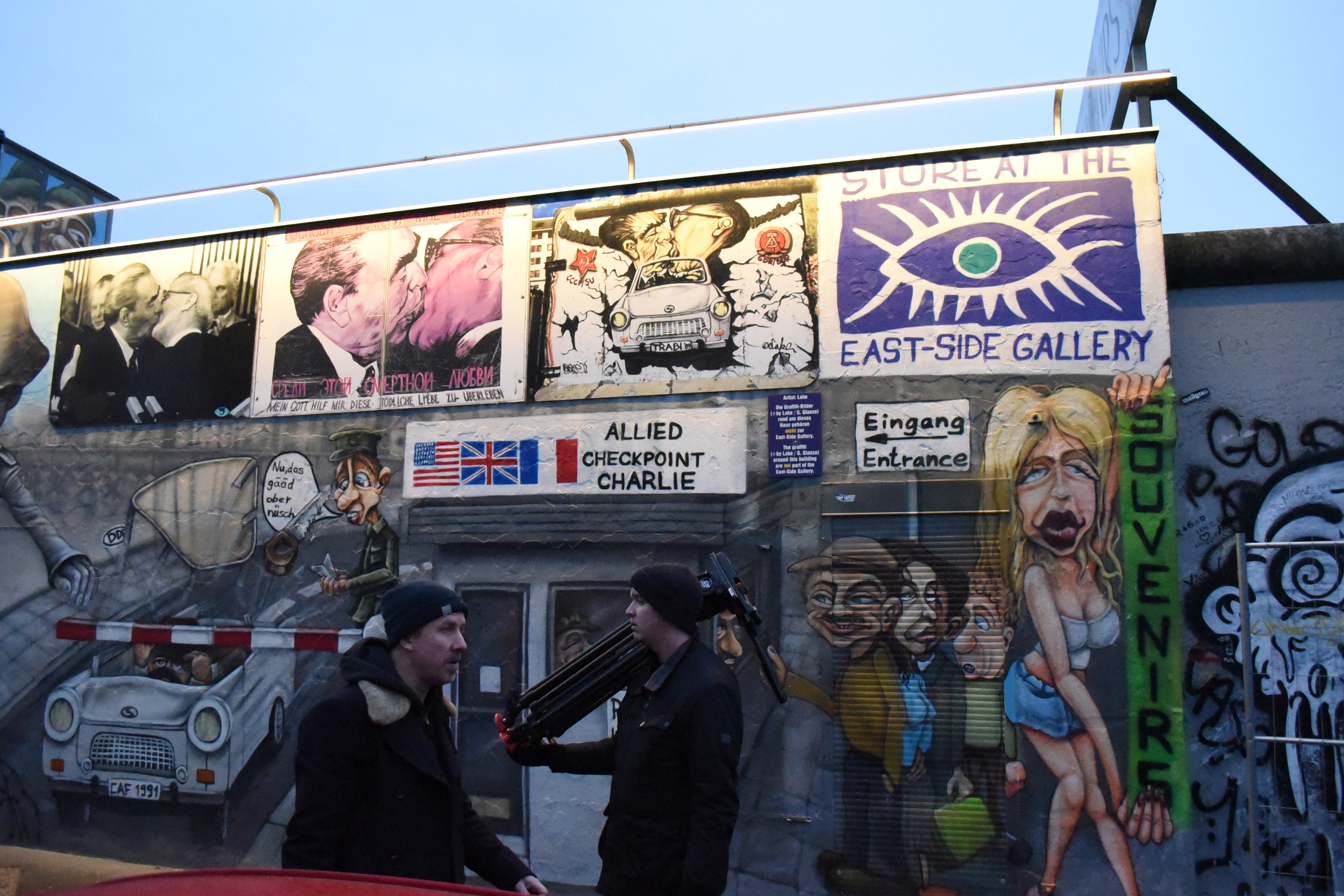
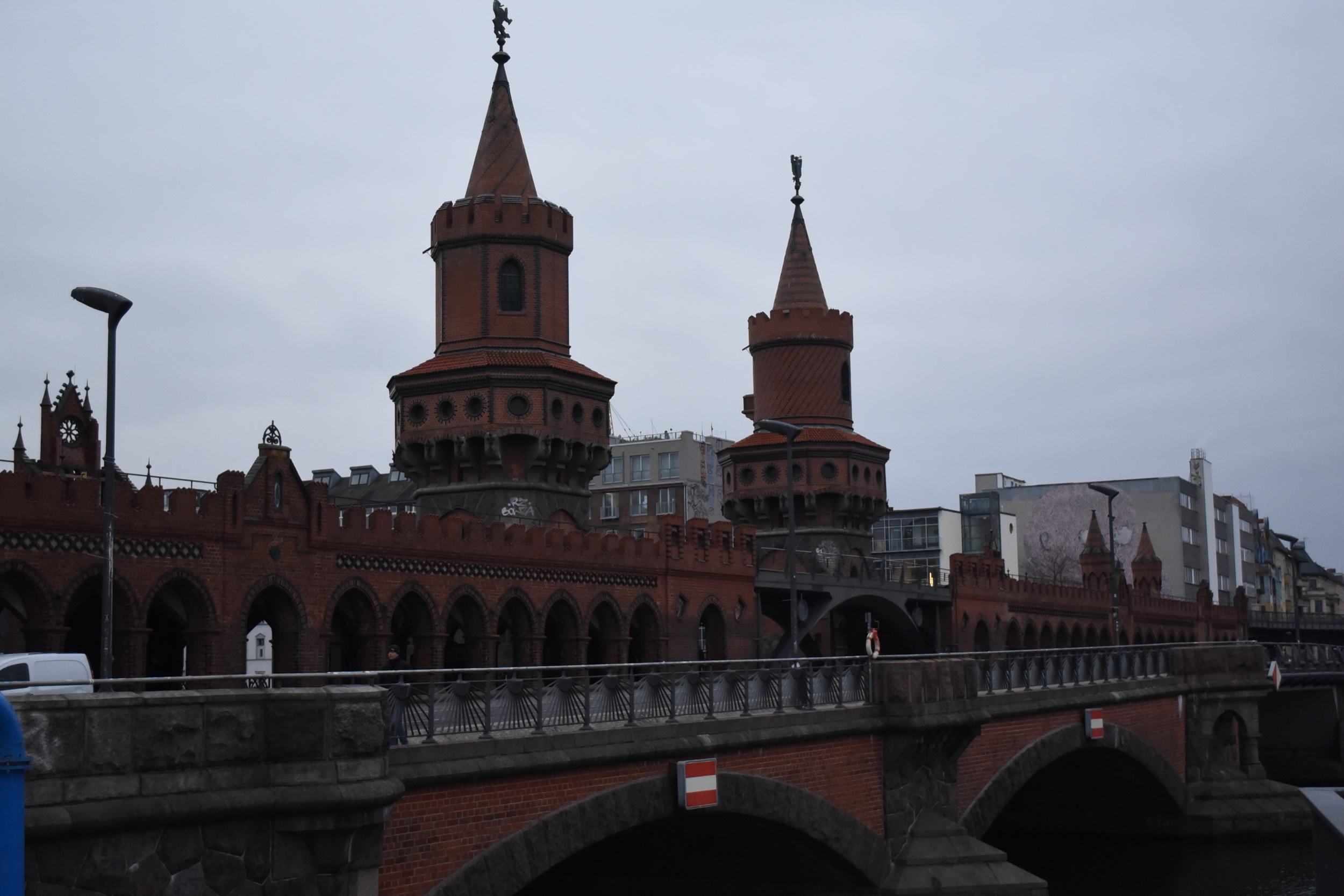
Suddenly, the suppressed eastern side of the city was free to live in and travel to the West. And what were isolated neighbourhoods like Kreuzberg, now sat right in the centre of what were once two cities.
With a combination of alternative thinking, liberal laws, cheap or empty spaces (a third of all buildings in west Berlin were unoccupied when the wall came down), and an already pumping music scene, it wasn’t long before the now united Berlin became the world’s centre for electronic music.
Heading out into the night, it was apparent to us that this was a city that came alive after dark. Mitte’s streets permeated with lights and music flowed from the buildings and down the streets. All around us people from across the globe out to party, and even before midnight, the city’s famous kebab shops were filled with people seeking some post-alcohol sustenance.
Fortunate enough to meet some of the city’s most impressive up-and-coming DJs, we soon learned why artists from both around the country, and around the world are continually attracted to the city.
Christoph Etmars (aka Escape to Mars) told us, “Berlin is the place to find yourself and your music… We have so many kinds of electronica music in Berlin…. That’s why Berlin, is Berlin, I think. ”
Vom Feisten couldn’t have agreed more, “Here is the new centre of this music in the world… People from all over the world come together, meet each other, work on different projects… the newest and biggest labels are from Berlin."
As we partied late in the city's bars and clubs, we felt the vibe that these DJs got from their city. People around us had an energy to them - a slight edge. While the city is now unified, I guess Berlin’s sense of anarchy lives on in the music… and late into the night.

